‘In a special year with a special flow...’
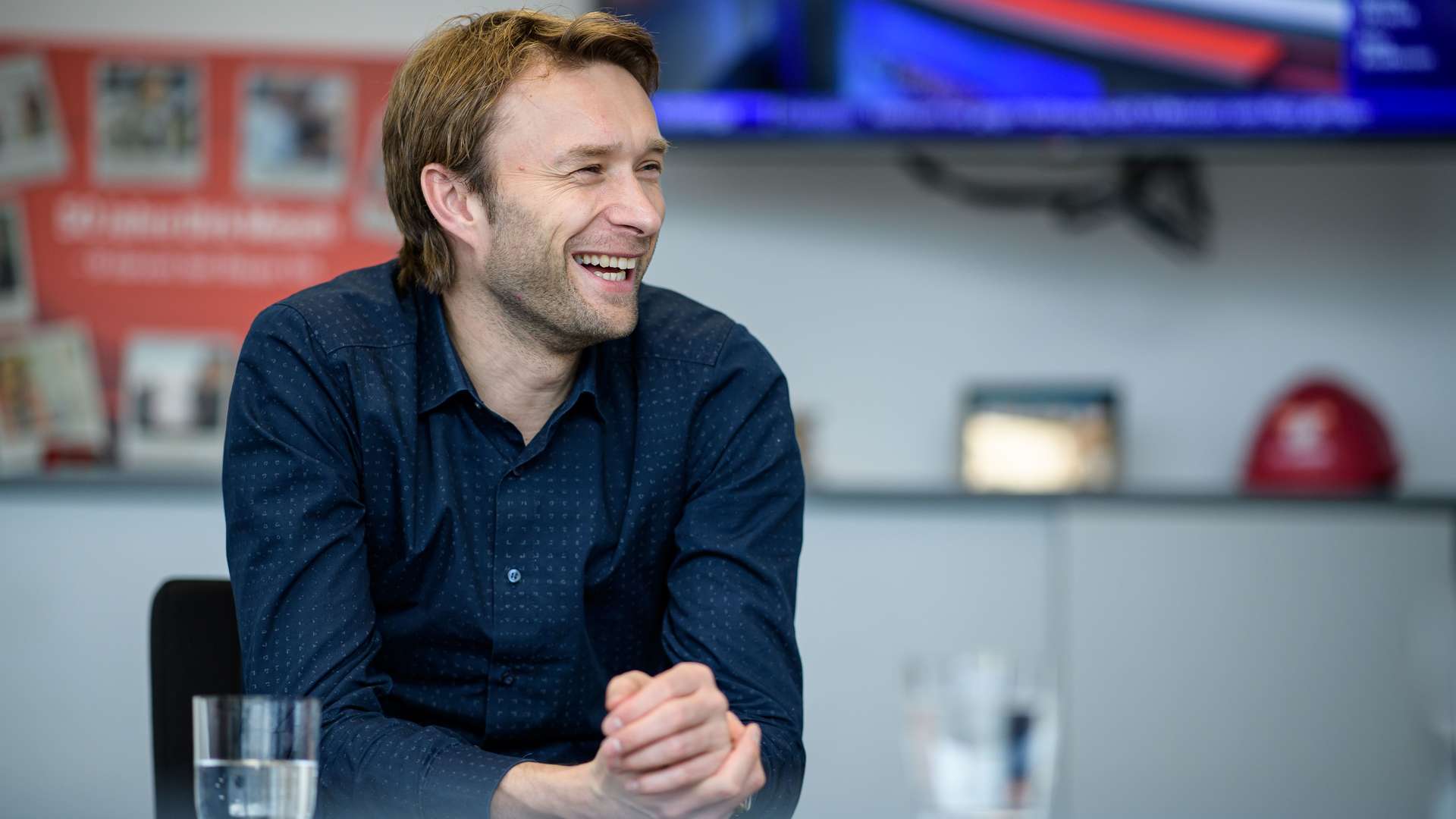
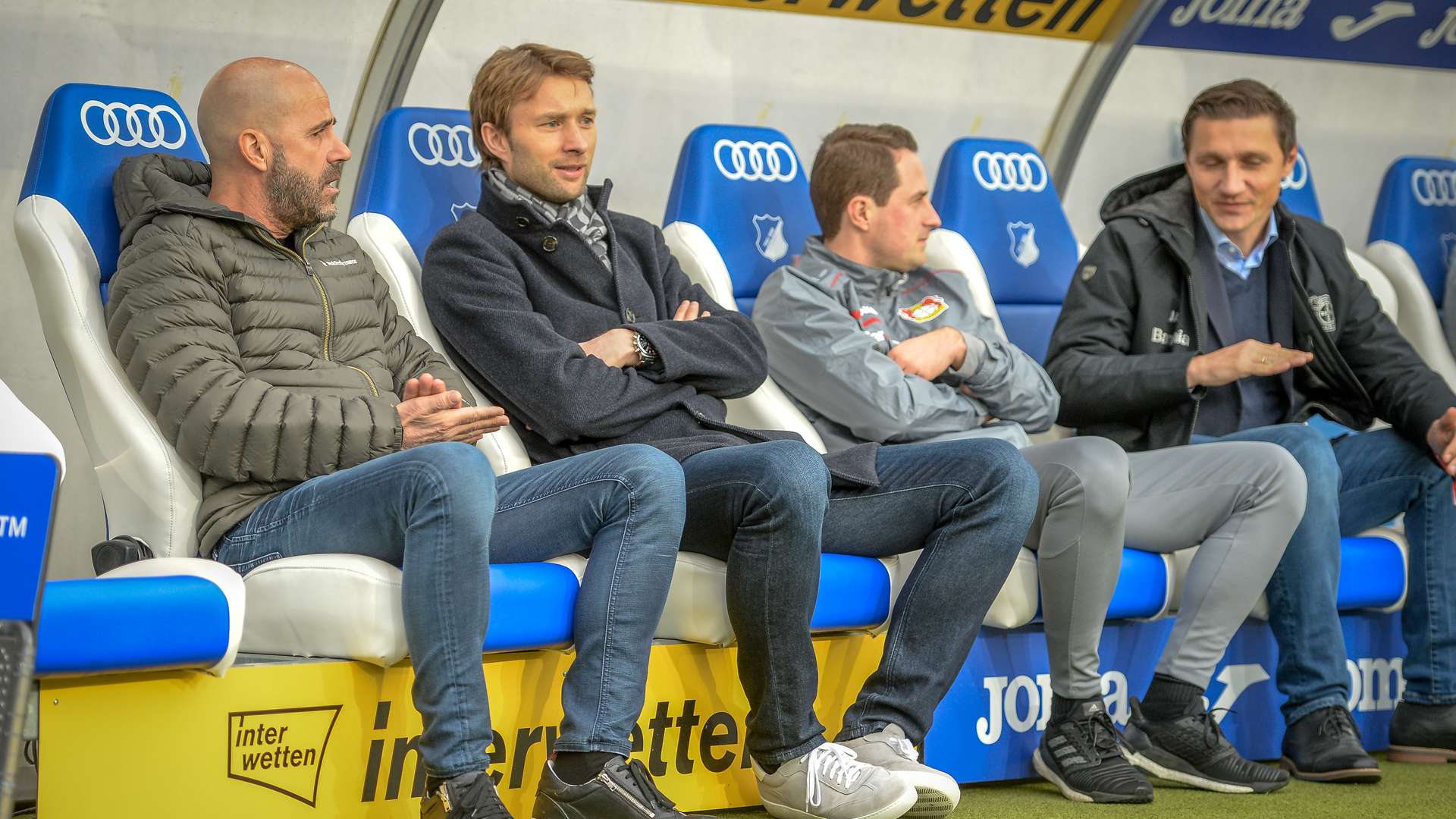
In the dugout with Peter Bosz: "We are in close contact with each other," said Simon Rolfes.
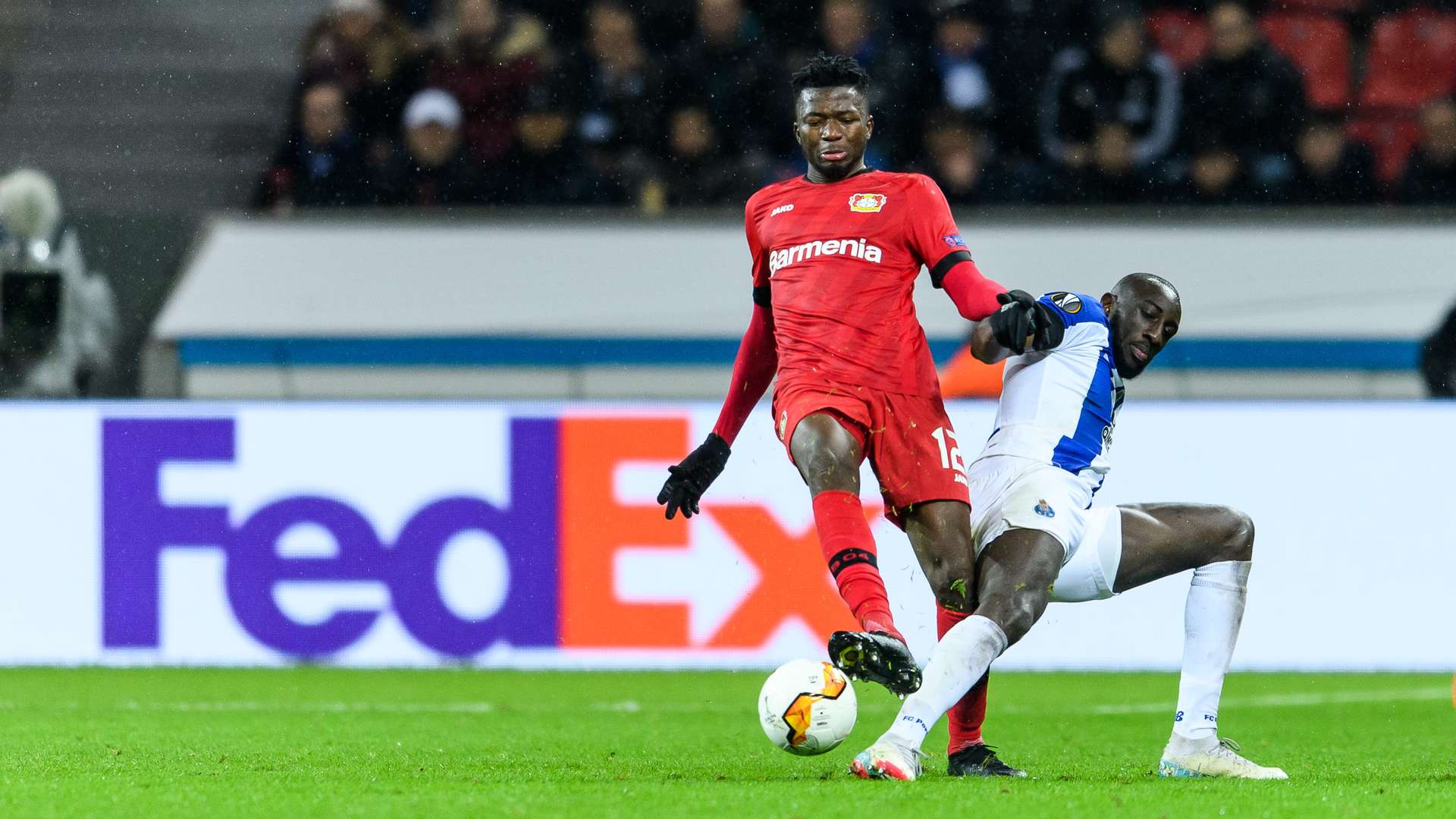

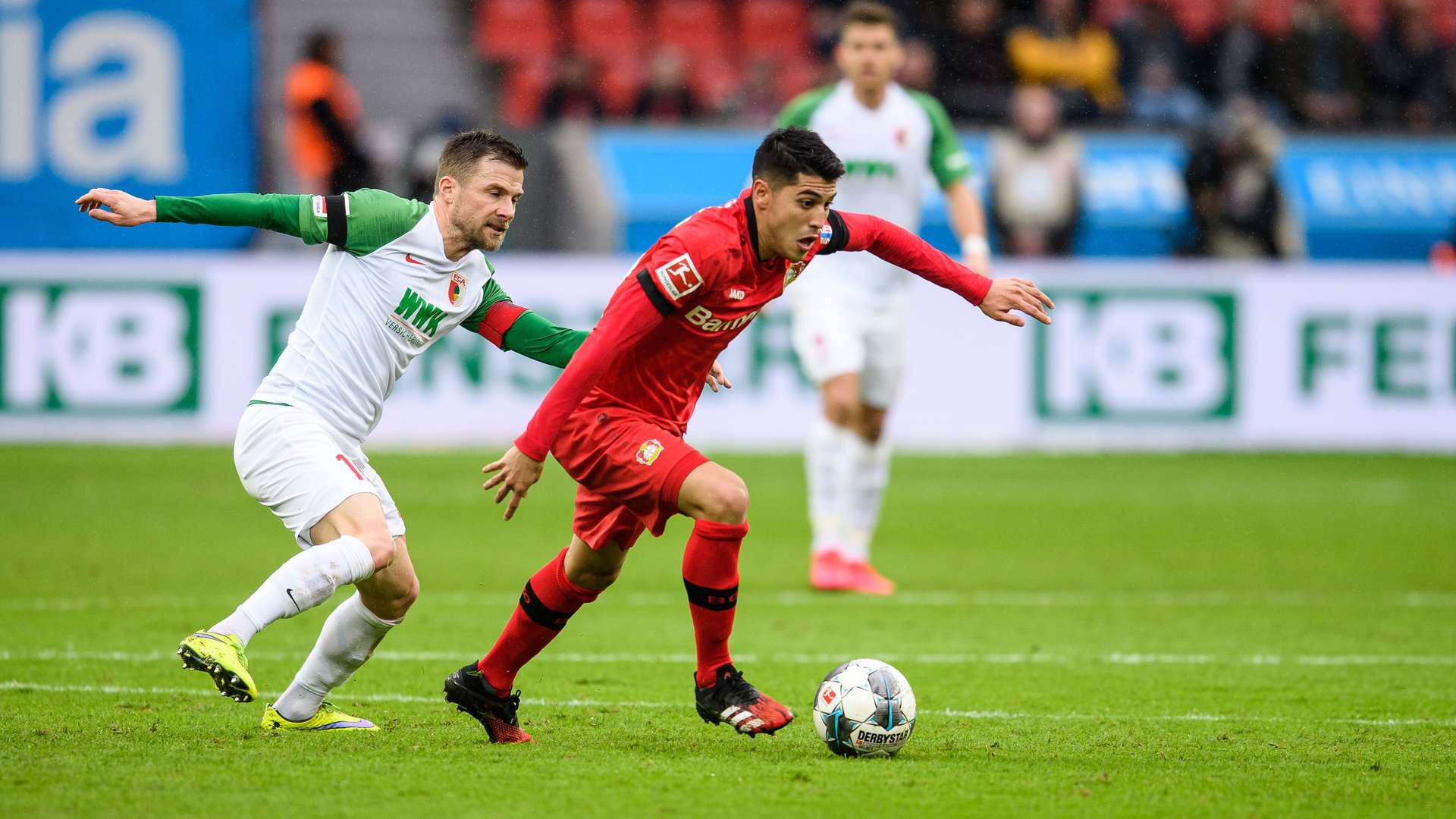
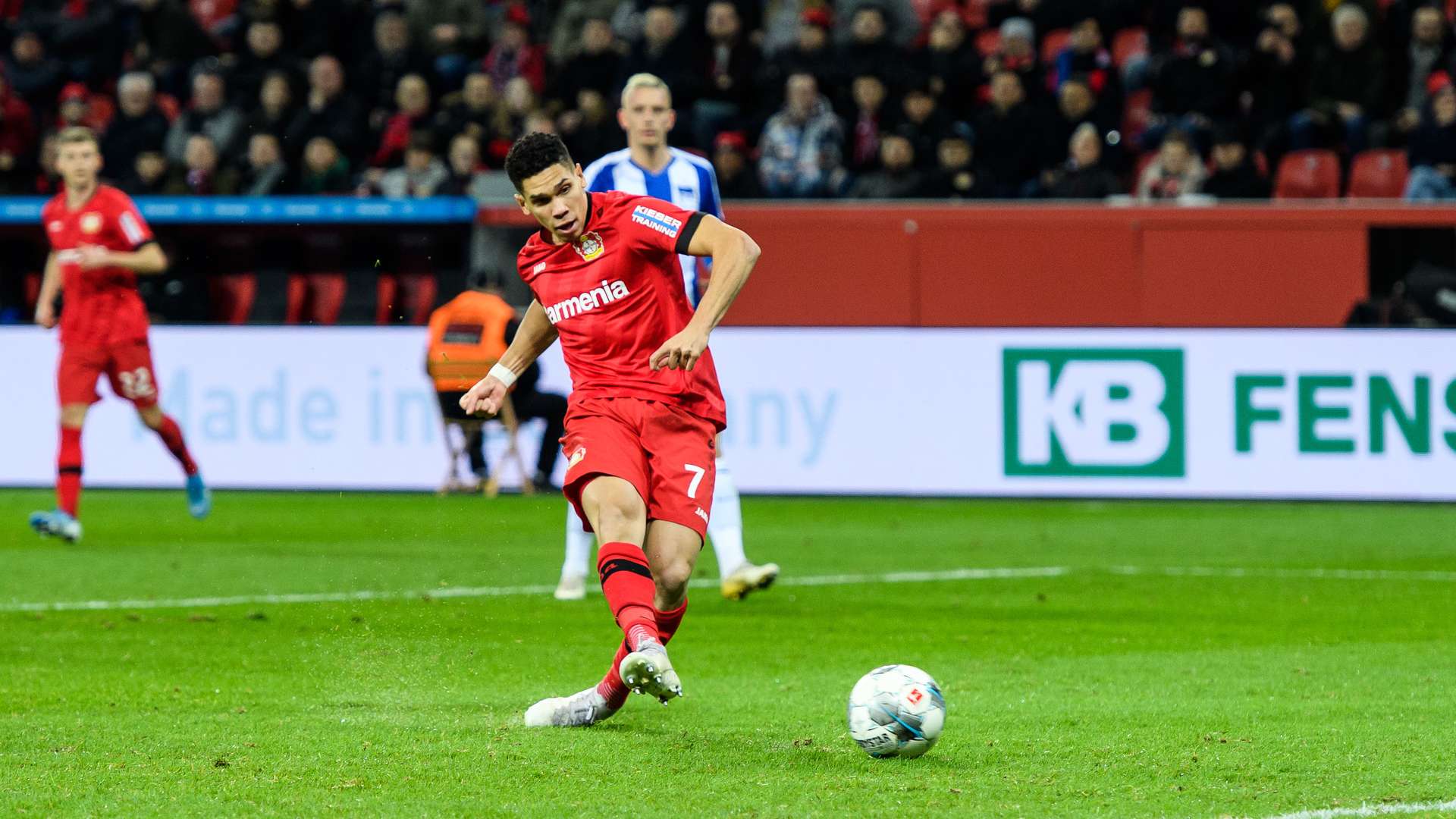
„Pace and, above all, speed of execution always play a crucial role.
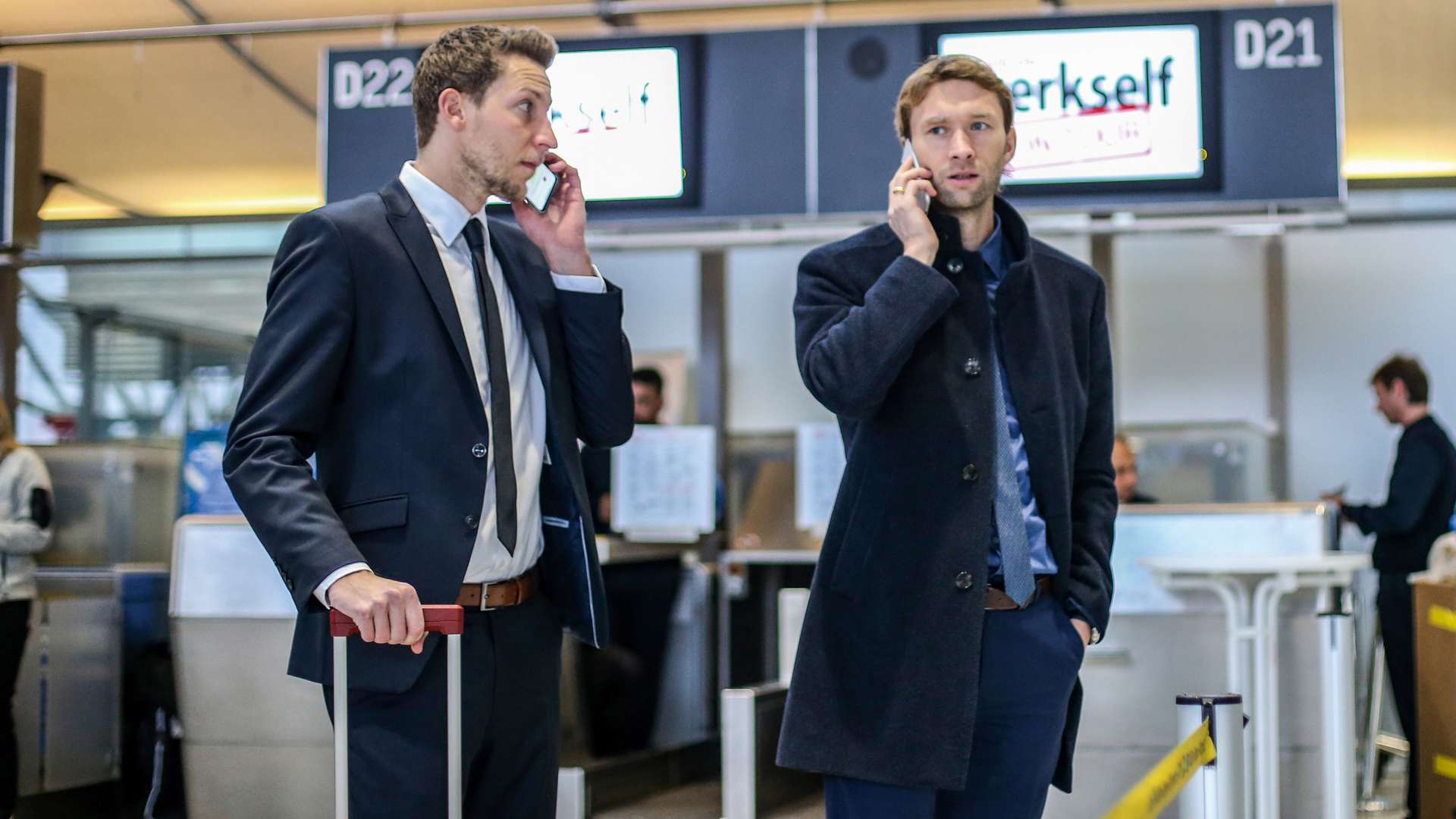
Two former teammates now working together again: Stefan Kießling and Simon Rolfes.
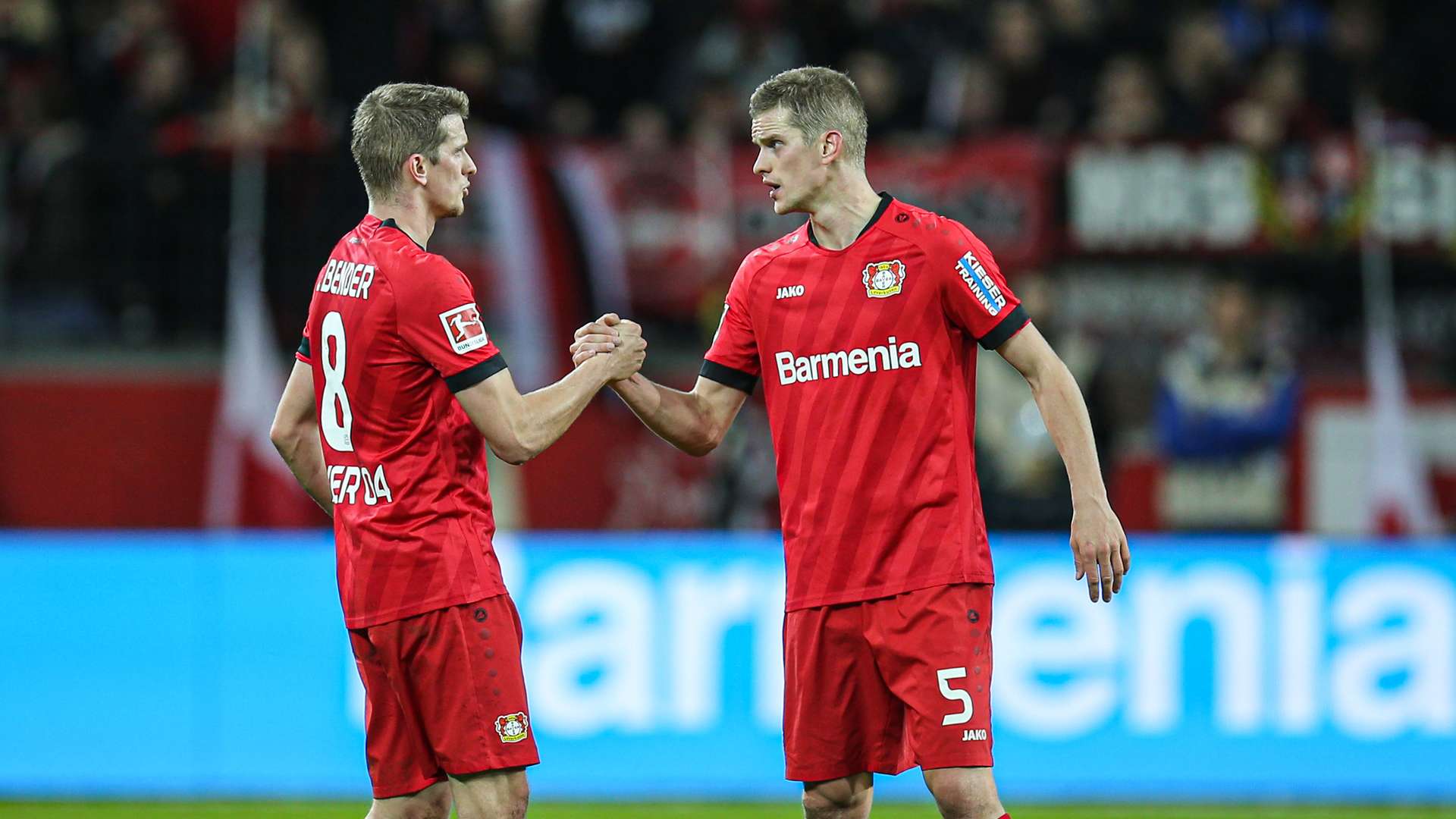
"They are both absolute leaders – on and off the pitch," said Simon Rolfes about Lars and Sven Bender.
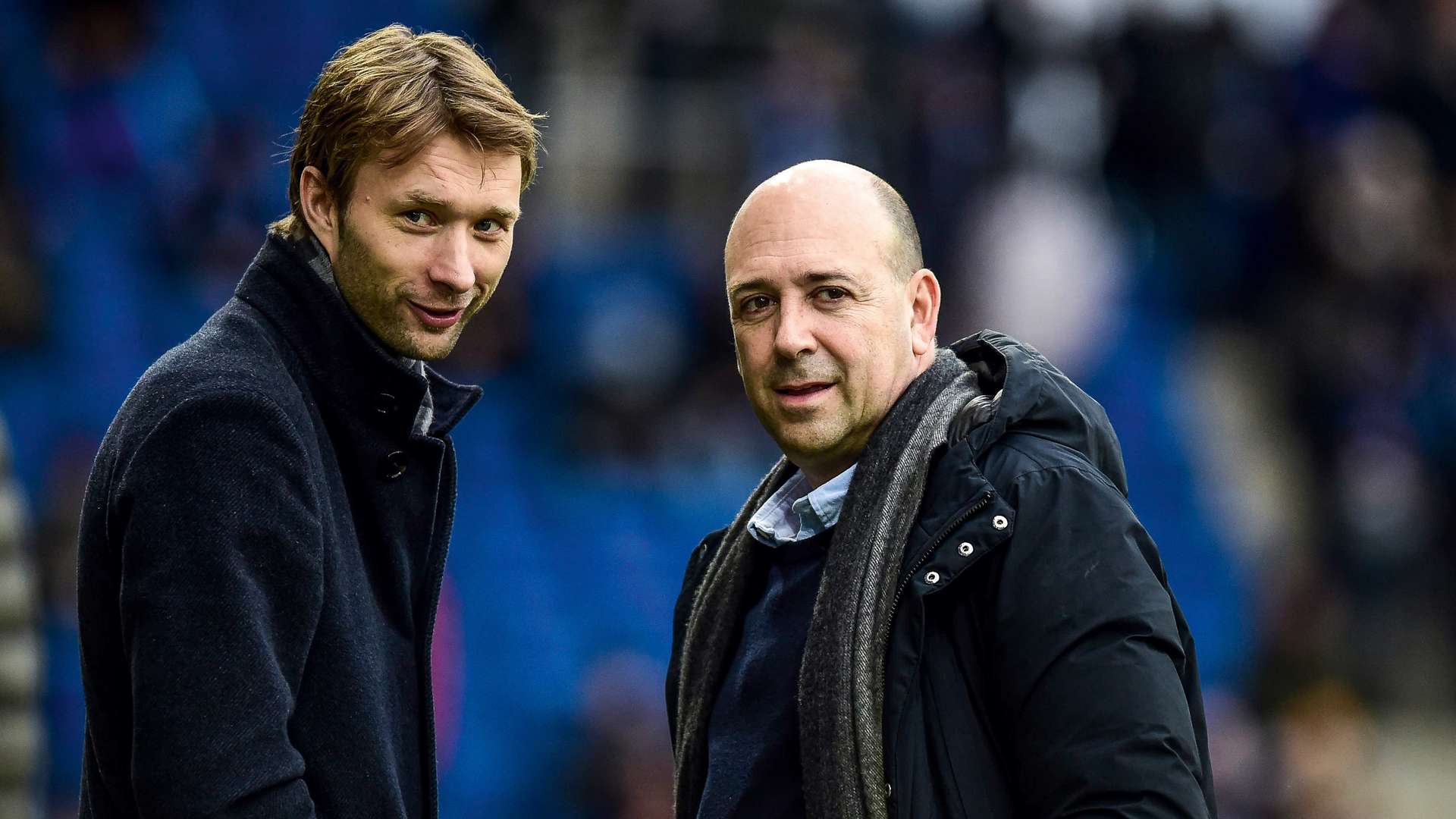
Sporting director Simon Rolfes with Bayer 04 CEO Fernando Carro.
„Winning a title is always an exceptional achievement. And that's what we're aiming for.
